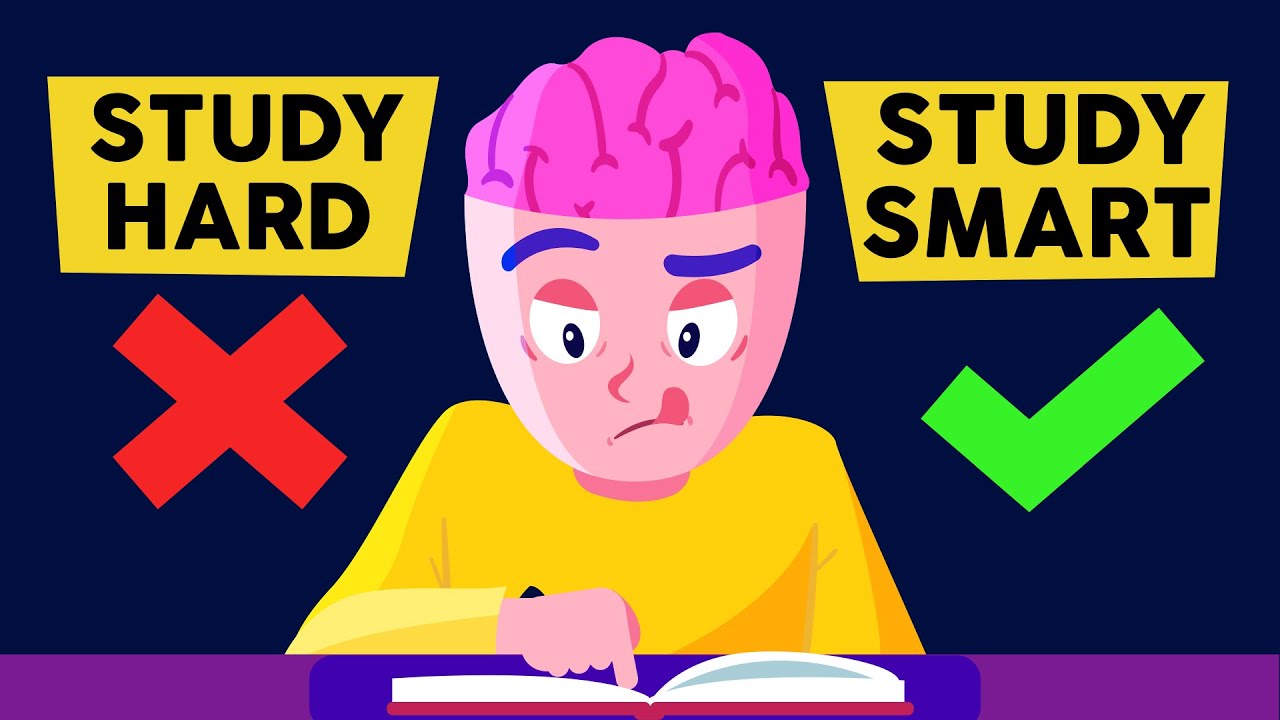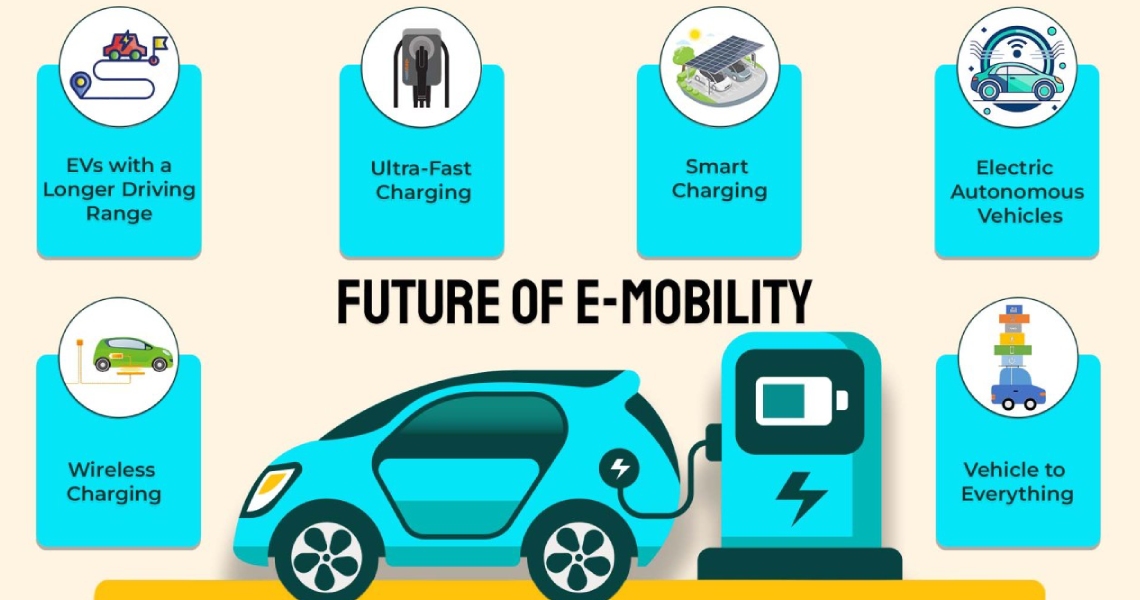Introduction: Why Memory Matters in Learning
Have you ever studied hard for an exam, only to forget everything on the big day? You’re not alone. Most students struggle not because they’re lazy, but because they don’t understand how memory works. At Learniee, we believe that learning should be smarter, not just harder. This article will help you understand the science of memory, and how you can use proven techniques to remember more in less time.
How Does Memory Work?
Memory isn’t a single thinIntroduction: Why Memory Matters in Learning
Have you ever studied hard for an exam, only to forget everything on the big day? You’re not alone. Most students struggle not because they’re lazy, but because they don’t understand how memory works. At Learniee, we believe that learning should be smarter, not just harder. This article will help you understand the science of memory, and how you can use proven techniques to remember more in less time.
How Does Memory Work?
Memory isn’t a single thing — it’s a process with three major stages:
Encoding – Turning information into something your brain can understand.
Storage – Keeping that information in your brain over time.
Retrieval – Accessing that information when you need it — like during an exam.
Each of these stages can fail if not handled correctly. For example, if you’re distracted while learning, your brain doesn’t encode the information properly. If you don’t review, the memory fades. If you cram, you might store it short-term but struggle to retrieve it under pressure.
Why Rote Learning Fails
Many students rely on rote memorization — repeating information over and over again. While this might work short-term, it’s inefficient and leads to quick forgetting.
Scientific studies show that active recall and spaced repetition are far more effective. These techniques train your brain to retrieve information repeatedly, which strengthens memory pathways.
Spaced Repetition: The Magic of Timed Reviews
Spaced repetition is the idea of reviewing material at gradually increasing intervals — right before you’re about to forget it. This creates a "memory curve" that flattens over time.
Example:
You learn Newton’s Laws today.
→ You review it tomorrow (Day 1)
→ Again on Day 3
→ Then on Day 7
→ Then on Day 14
Each review locks it deeper into your long-term memory.
There are apps like Anki that automate this. But platforms like Learniee integrate similar concepts by having tutors revise core concepts regularly instead of moving on too fast.
Active Recall: Testing is Learning
Instead of just reading notes, try recalling information from memory without looking. For example:
Close your book and try to summarize what you learned.
Use flashcards.
Ask a friend to quiz you.
Even if you get it wrong, your brain will strengthen its retrieval process, and you’re more likely to remember it next time.
Use of Technology in Memory-Based Learning
At Learniee, we blend science-based strategies into our live classes. Here’s how:
Live Quizzes – Tutors ask small questions during sessions to trigger recall.
Revision Blocks – Topics aren’t just taught once — they’re reintroduced later.
Personalized Schedules – Based on each student’s pace, we build in spaced review sessions.
This hybrid method helps even weak students retain complex concepts in science, math, or history.
Your Brain Needs Rest: The Role of Sleep and Breaks
Science shows that most memory consolidation happens during sleep. If you study late but sleep only 4 hours, your brain may not retain much. Here’s what you should do:
Sleep 7 to 9 hours daily.
Avoid all-nighters before exams.
Take a 5–10 minute break every 45–50 minutes while studying.
Final Tips: Build a Smarter Study Routine
Here’s a memory-boosting study routine you can follow:
Start with a quick recap of previous material.
Learn new topics actively by writing, teaching, or speaking them out loud.
Use spaced repetition (Day 1, Day 3, Day 7, etc.).
Test yourself regularly (active recall).
Sleep well, eat right, and stay hydrated.
Conclusion: Remember More, Stress Less
Studying doesn’t have to be stressful if you understand how your brain works. At Learniee, we combine live human tutoring with science-backed methods to make learning effective and enjoyable. Whether you're preparing for boards, JEE, or just want to understand better — it’s time to study smarter, not harder.






.png)